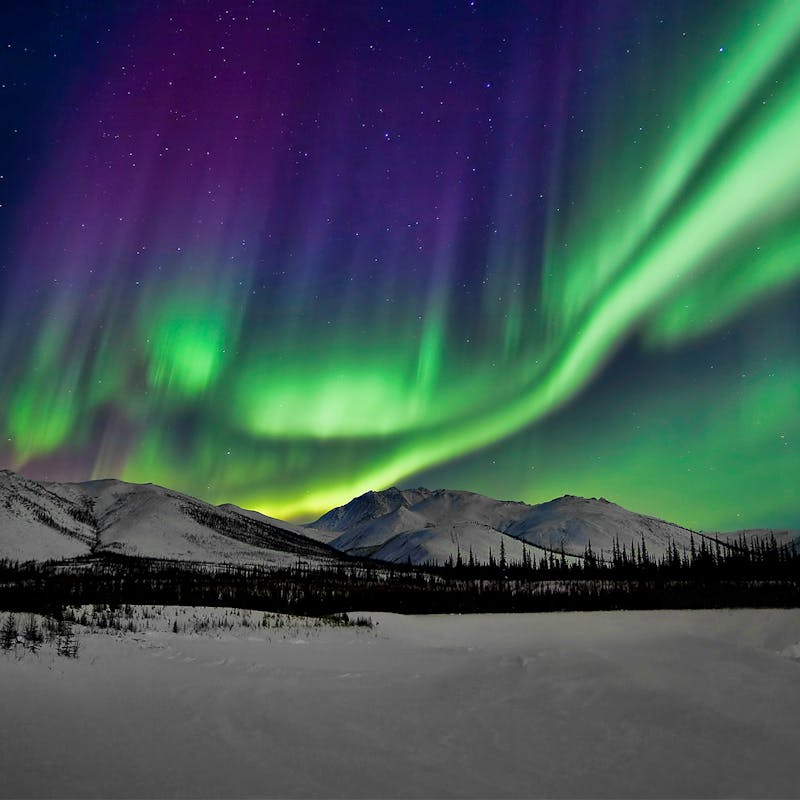On Tuesday, February 18, the Trump administration will open an unprecedented 60-day comment period asking the public to comment on a study authored by its own scientists at the U.S. Fish and Wildlife Service (USFWS) and the U.S. Geological Survey (USGS) entitled “Seismic survey design and potential impacts to maternal polar bear dens.” The study is intended to support decision making on potential fossil fuel development in the Arctic National Wildlife Refuge, though such research is not typically offered for public comment.
“The science clearly indicates that any oil development on the coastal plain is environmentally inappropriate and, if we don’t stop the Trump administration’s reckless plan to fast-track oil and gas activities in the Arctic, we will see the demise of the Southern Beaufort Sea population of polar bears in our lifetime,” said Jamie Rappaport Clark, former president and CEO, Defenders of Wildlife.
Experts at the USFWS and the USGS published the peer-reviewed journal article to provide new information on maternal polar bear denning habitat on the coastal plain of the Arctic National Wildlife Refuge and the implications for potential seismic surveys. The analysis published in the Journal of Wildlife Management considered different scenarios for oil exploration on the coastal plain of the Arctic National Wildlife Refuge and shows that even the most protective approach cannot eliminate the risk that seismic testing will disturb denning polar bears, potentially leading to polar bear cub mortality.
The report demonstrates the vital importance of the coastal plain to this highly imperiled, protected species. It also illustrates the extreme difficulty of legally conducting oil exploration in critical denning habitat for Southern Beaufort Sea polar bears, which number as few as 900 animals and are increasingly denning on the coastal plain due to the climate-driven loss of sea ice.
“With 900 or fewer of these animals left, the survival of every single polar bear is crucial to sustaining this imperiled population,” said Clark. “Given the precipitous decline of polar bears, we simply can’t afford the death of a single bear to fossil fuel development.”
Polar bears are federally protected under the Endangered Species Act and the Marine Mammal Protection Act. The study notes that, to meet biological standards prescribed under these conservation laws, the USFWS cannot authorize the death of a single Southern Beaufort Sea polar bear from seismic activities.
“This study confirms what we’ve known all along – oil and gas activities pose substantial risk to polar bears and have no place in the Arctic National Wildlife Refuge,” said Clark.
For over 75 years, Defenders of Wildlife has remained dedicated to protecting all native animals and plants in their natural communities. With a nationwide network of nearly 2.1 million members and supporters, Defenders of Wildlife is a leading advocate for innovative solutions to safeguard our wildlife for generations to come. To learn more, please visit https://defenders.org/newsroom or follow us on X @Defenders.
News

Trump Administration Announces First Step in Rolling Back Rule Protecting Whales


